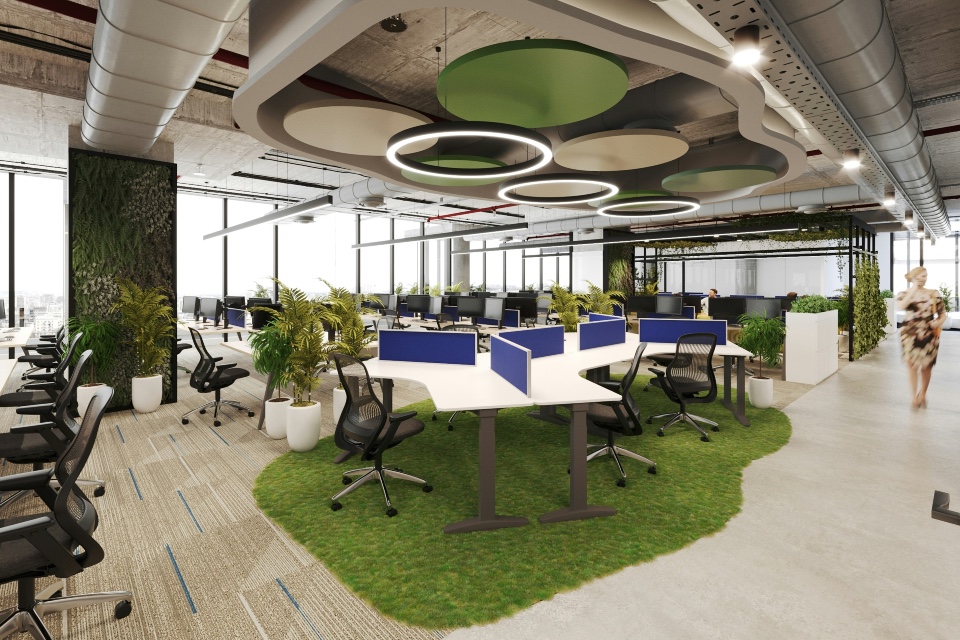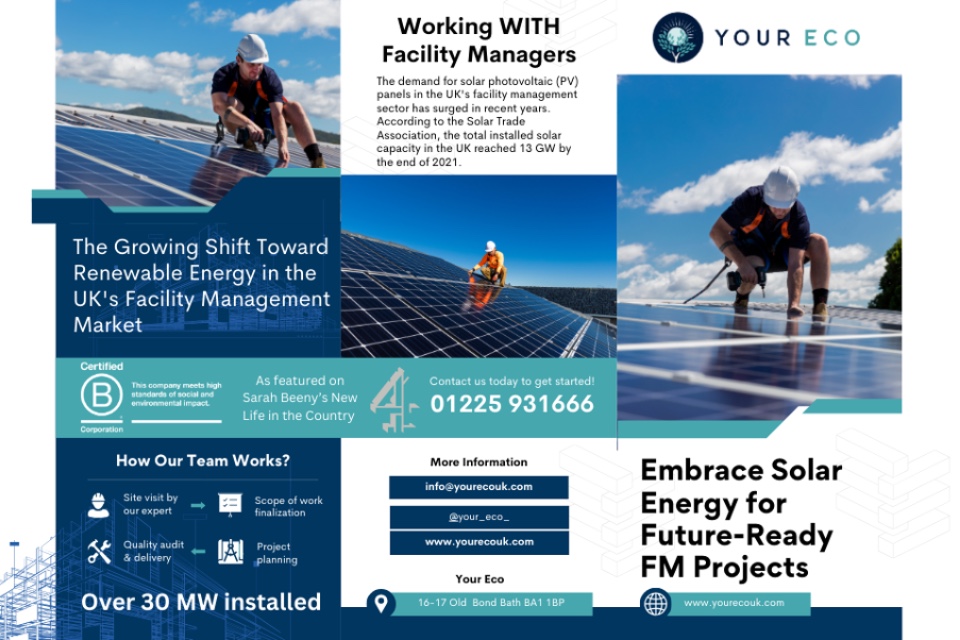A report from the World Green Building Council (WorldGBC) reveals the impact building owners, designers, developers and employers are having by investing in greener office spaces.
Released under the organisation’s ‘Better Places for People’ campaign, the document pinpoints the global drive behind implementing green and healthy office operation and design, and showcases 15 buildings that are ‘leading the way’.
As a result of improving noise levels, layout, lighting and indoor air quality at its office in Doncaster, Skanska cut sick days by two-thirds; in turn saving the company £28,000 in staff costs in 2015.
Terri Wills, CEO of the WorldGBC said: “While our earlier work presented the overwhelming evidence between office design and improved health and wellbeing of workers, this report breaks new ground by demonstrating tangible action businesses are taking to improve their workspaces. The results are clear – putting both health and wellbeing, and the environment, at the heart of buildings, is a no brainer for businesses’ employees and the bottom line.”
The report identifies eight key factors in creating healthier and greener offices which can impact on the bottom line:
- Indoor air quality and ventilation – a well-ventilated office can double cognitive ability.
- Thermal comfort – staff performance can fall six per cent if offices are too hot and four per cent if they too cold.
- Daylighting and lighting– a study found workers in offices with windows got 46 minutes more sleep a night than workers without them.
- Noise and acoustics – noise distractions led to 66 per cent drop in performance and concentration.
- Interior layout and active design – flexible working helps staff to feel more in control of their workload and encourages loyalty.
- Biophilia and views – processing time at one call centre improved by sven-12 per cent when staff had a view of nature.
- Look and feel – visual appeal is a major factor in workplace satisfaction.
- Location and access to amenities – a Dutch cycle to work scheme saved €27m in absenteeism.
Beth Ambrose, director within the Upstream Sustainability Services team at JLL, and chair of the WorldGBC Offices Working Group added: “The business case for healthy buildings is being proven. All over the world, companies, both large and small, are redesigning their offices, changing working practices and trialling new technologies, to improve the wellbeing of their staff, tenants and customers.”
Access the full document here







